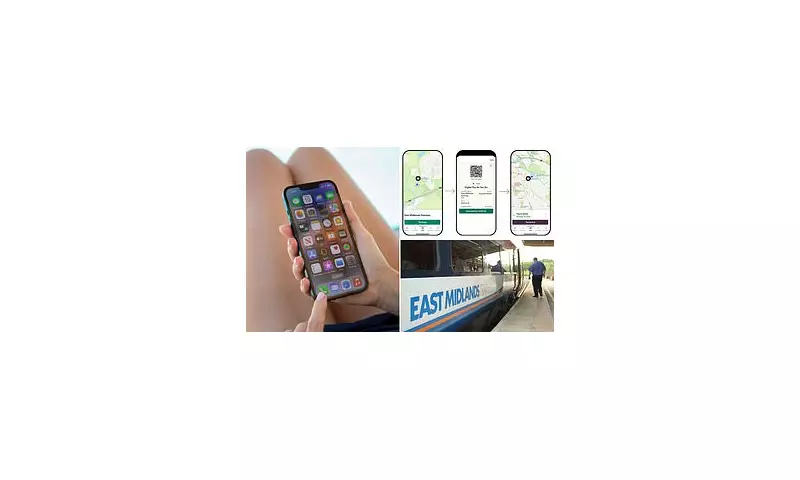
Britain's rail network is poised for a digital revolution as industry leaders trial a groundbreaking new ticketing system that uses passengers' location data to calculate fares. The Rail Delivery Group (RDG), representing train operators across the country, is developing technology that could fundamentally change how we pay for train travel.
The proposed system would function similarly to London's Oyster card or contactless payments, but with a significant twist: it would track a passenger's entire journey using GPS technology in their smartphone. This would automatically calculate and charge the most appropriate fare, potentially eliminating the need for traditional tickets and the practice of 'split-ticketing'.
How Would The New System Work?
Passengers would simply tap in at the start of their journey and tap out at the end using their mobile device. The sophisticated software would then:
- Track the precise route taken using location services
- Calculate the exact distance travelled
- Apply the cheapest available fare for that specific journey
- Charge the passenger automatically, much like an urban travel card
The End of Split-Ticketing?
This innovation directly addresses the complex and often frustrating practice of split-ticketing, where savvy passengers buy multiple tickets for portions of a single journey to save money. While perfectly legal, the new system aims to make this hassle unnecessary by automatically ensuring passengers always get the best price.
A spokesman for the RDG stated: "We are working on developing a more convenient and flexible fares system for customers which would use the latest technology to offer a best price guarantee. This would mean that customers would always be automatically charged the best available fare for their journey without having to choose from thousands of ticket types."
Privacy and Data Security Concerns
Inevitably, a system reliant on tracking passenger location will raise questions about data privacy and security. The RDG has emphasised that any trial would be conducted with strict ethical guidelines and in full compliance with UK data protection laws (GDPR). Participation would be entirely optional, allowing passengers to opt-in to the trial.
The development is seen as a key step towards modernising the UK's often-criticised rail fare structure, making it more transparent and user-friendly for the 21st-century traveller. While still in the development phase, this trial represents one of the most significant potential changes to British rail ticketing in decades.





